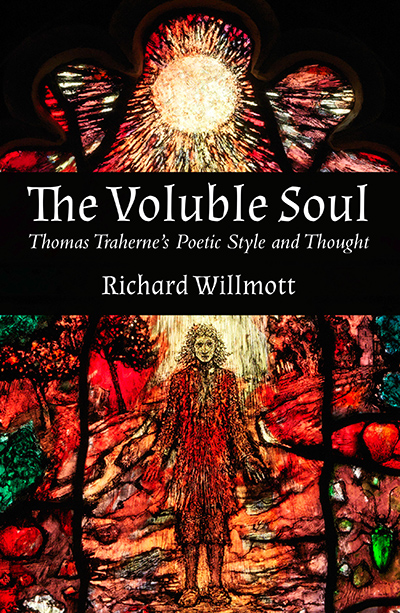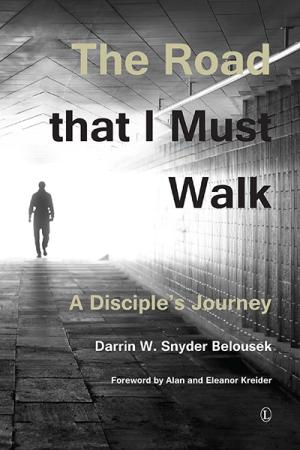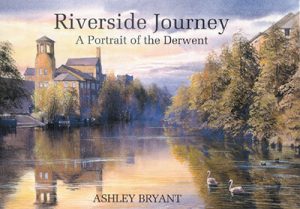Description
“The world’s fair beauty set my soul on fire.”
In this first study of the full range of Traherne’s poetry Richard Willmott explains his ‘metaphysical’ poetry to all who are attracted by the beauty of his language, but puzzled by his meaning. He offers guidance both for the student of English, uncertain about Traherne’s theological ideas, and the student of theology, put off by seventeenth-century poetic conventions and diction. Using a wealth of quotation, he examines Traherne’s verse alongside that of a variety of his contemporaries, including Andrew Marvell, Lucy Hutchinson, Anne Bradstreet and Edward Taylor.
Central to Traherne’s poetry and generous theology is his delight in the capacity of his soul to approach God through an appreciation of His infinite creation. This soul is ‘voluble’, not only because it can express its thoughts with fluency, but also because it can enfold within itself the infinity of God’s creation, taking in everything that it perceives, considering the latest scientific speculations about the atom and astronomy, but also looking clear-sightedly at Restoration society’s materialism and – in one startlingly savage satire – the corruption of the royal court.
About the Author
Richard Willmott is a retired headmaster of the Dixie Grammar School and Chairman of the Traherne Association. He read English at Cambridge, and took a further degree in Renaissance French drama at UEA. In retirement he has taught poetry classes for the WEA and helps as an education volunteer at Hereford Cathedral. His previous publications include student editions of Blake’s Songs of Innocence and of Experience and of Ben Jonson’s Volpone and The Alchemist, and an introduction to metaphysical poetry.
Contents
Acknowledgements
Preface
Abbreviations
1. Introduction
I. Traherne and His Times
II. Traherne’s Views on Poetry
III. Traherne and the Metaphysical Poets: A Preliminary Case Study
IV. Christian Belief
2. Poems of Felicity (1) and St Augustine’s Confessions: Sight and Sin
I. Personal Confession
II. Sight, Memory and the Soul
III. Temptation
IV. The Dangers of Sight
V. Innocence and Original Sin
3. Poems of Felicity (2): Paradise and Vision
I. The Garden of Eden
II. Inner Sight
III. Postscript: From ‘Things to Thoughts’, a Question of Style
4. The Dobell Poems (1)
I. Influence of the Psalms
II. Innocence
III. Infancy and Original Sin
IV. ‘ Capacity’ in Traherne and John Davies of Hereford
5. The Dobell Poems (2)
I. The Soul: Traherne and Sir John Davies’ Nosce Teipsum
II. The Soul as Eye
III. ‘A Temple of Eternity’: ‘An Hymn upon St Bartholomew’s Day’
IV. The Voluble Soul
V. ‘Love’ and ‘Goodness’
6. The Ceremonial Law and Other Seventeenth-Century Treatments of Genesis: Atonement, Sacrificial Love and Spiritual Food
I. Didactic Religious Verse of the Seventeenth Century
II. The Ceremonial Law: Atonement
7. Thanksgivings
8. Poems from Commentaries of Heaven (1)
I. ‘Abhorrence’
II. ‘Abundance’
III. ‘Adultery’, ‘An Advocate’, ‘Affairs’
IV. Microscopes and Telescopes: ‘Ant’ and ‘Astronomy’
9. Poems from Commentaries of Heaven (2): Lucretius, Atomism and Traherne’s ‘Prosaic Poetry’
I. Reactions to Atomism in Seventeenth-Century Poetry
II. Two Major Responses in Poetry to Epicurean Philosophy: Milton and More
III. Traherne’s Poetry on the Atom
IV. Conclusion: The Golden Clasp
Appendix: Brief Biographical Notes
Bibliography
Index
Endorsements and Reviews
Thomas Traherne is an inspiring writer for our times and this is an excellent introduction to the main themes of his poems. More than this, Richard Willmott sets Traherne firmly in the context of his own age and considers not just those writers who might have influenced him directly but those who shaped the intellectual, scientific and spiritual context in which he wrote.
Professor Richard Harries FRSL
It is wonderful to see an introduction to Traherne that demonstrates literacy in both poetry and theology. Alongside key Trahernian themes such as felicity, innocence and atomism, there is a surefooted discussion of Traherne’s wider intellectual context, from the Psalms to Augustine to the metaphysical poets. Willmott draws on an extensive knowledge and long love of Traherne to construct a scholarly but accessible study that foregrounds the voice of Traherne himself, an act of intellectual humility and generosity worthy of commendation.
Elizabeth S. Dodd, Sarum College
Richard Willmott is a worthy guide through the full breadth of Traherne’s poetry, helping us to understand his artful and original articulation of his vision of the world and of God. Willmott is able to do what Traherne scholars and enthusiasts in the 20th century could not do, because of the wealth of more recently discovered manuscripts now available. Furthermore, he masterfully situates Traherne’s poetry within the context of his geographical landscape, historical period, philosophy, theology, and language.
David Buresh, editor of Waking Up in Heaven






